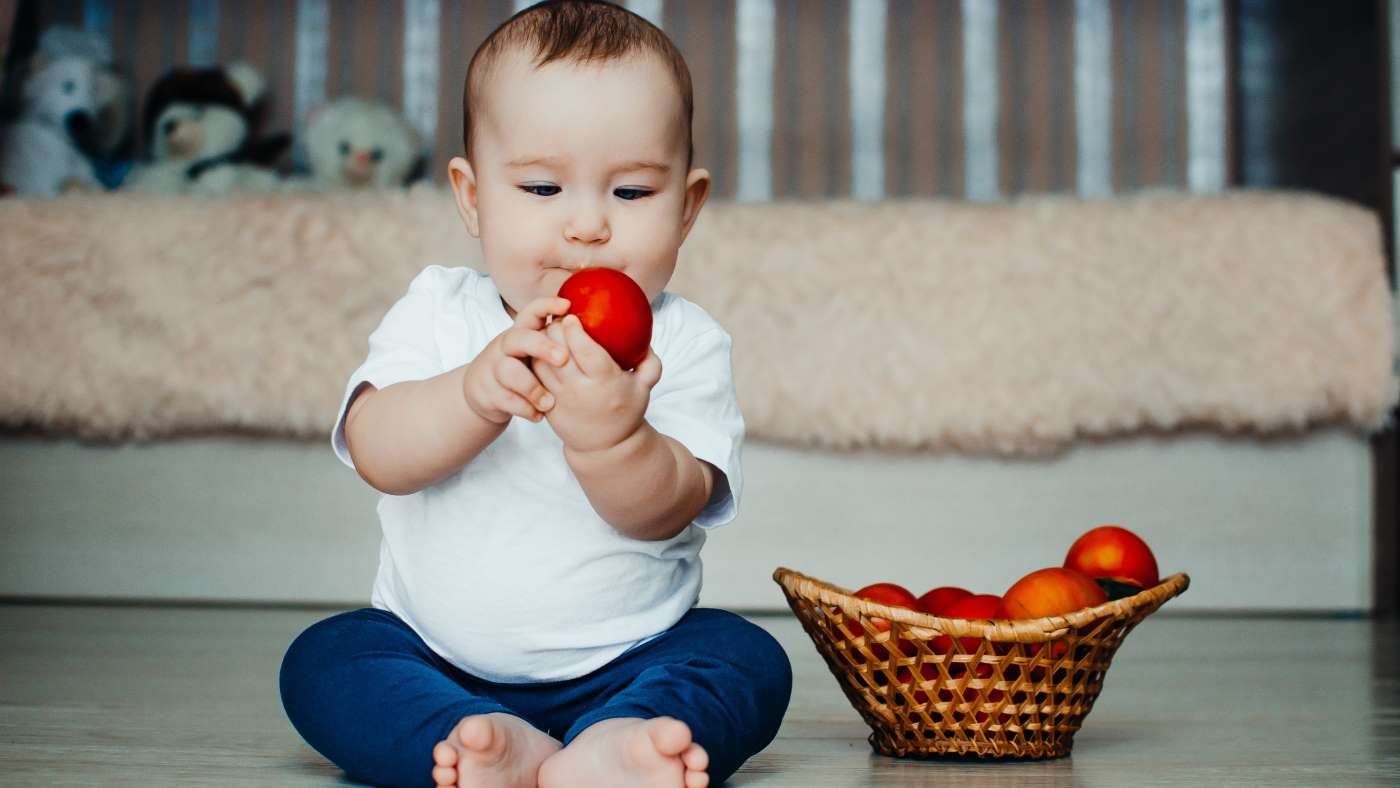Let them play with it! Why handling objects is important

We love how great it feels when your child masters a skill, especially when you know you have helped them get there. You know we’re passionate about child development, and one of the many amazing things about young children and their learning is how much everything connects together!
You’ll see that lots of our activity ideas use the things you have around you and everyday situations. It’s great if you’re trying not to spend a fortune on toys, but also from the point of view of supporting your child’s development – and like everything MFFY we have the research to back up what we say!
We want to share some of the research that informs the app so you can feel confident knowing why, as well as how, to help your child master skills.
Every two weeks we will highlight an article about this on your Today screen. You can find lots more of the research linked to your child’s active skills in the personalised ‘Discover more...’ section.
This week we’re looking at research which investigated the links between playing with objects, cognitive and language skills.
What’s this? What can I do with it? What’s it really for?
Your child’s play with objects (toys but also other things, like spoons or your slippers) might seem random, but it often isn’t. The way babies and young children explore objects develops as they master skills – and new ways to play leads to new skills to master.
When your baby first starts playing with objects, they find out about things like size, shape and texture. To do this they need to hold things, move things and put them in their mouth.
As they recognise familiar objects (and can sit up, so their hands are free to explore), they start to find out what they could do with the object. They might watch what other people do and see if they can copy some actions.
As their language develops, they use words and play together and do several different things when playing with an object or use more than one object together. They might be interested in putting things into bags or boxes or putting one object on top of another.
Researching language and playing with objects
In one experiment[1], 33 children were observed over 10 months, researchers looked at how they played with objects.
The researchers wanted to see if exploring objects helped children develop more focused play and the use of gestures and words.
The children were filmed playing at home for an hour each month.
The researchers found that exploring was linked with language development and that this led to new ways of playing with objects.
They think sometimes babies copy what they have seen people doing when they play with objects, including copying gestures, sounds and words.
They also think that playing with objects helps babies develop cognitive skills, including memory and representation (which is simply knowing one thing can represent another – the word cat means the four-legged furry pet, or a block can be used as a ‘mobile phone’).
These cognitive skills will in turn support your child’s language development – to be able to say a word you need to remember the word and know what it represents, or means!
What does all this mean for you and your child?
This all means that giving your child interesting things to play with will support their development.
Sometimes the interesting things will be toys, but often they will be things your child sees every day like pots and pans, or your shoes!
Let your child play with lots of different things, just check anything that isn’t designed to be a toy is safe for them to explore.
You will find lots of ideas for this in your activities tab, all linked to the skills your child is mastering now.
Why not look at your activities today and see if you can see what approaches your child is using to explore objects right now!
If you’re interested in finding out more about mental representations, there's more about that in this article.
Reference:
[1] Orr, E. (2020). ‘Object play as a mediator of the role of exploration in communication skills development’. Infant Behavior and Development, 60, Article 101467